The single greatest question we have had from our CMBT Community in the last 8 weeks, since the ravaging rise of COVID is “what vitamins and supplements should I be taking to strengthen my immune system to fight COVID?”
It’s safe to say that we have never paid as much attention to our immune systems than we have in recent times. Or been so active in our efforts to build stronger immune systems! But sometimes it takes things like the threat of COVID to really force us to reflect on our own health status, our habits and the strength of our body’s natural defence system!
As we now face a nation with hundreds of thousands of active cases, rising at a rate of over 50,000 a day, it makes sense that there would be a lot of questions about preventative treatments or vitamins & supplements that can lessen the severity of the inevitable blow!
We have all probably read the articles from doctors prescribing the likes of zinc, vitamin C, vitamin D plus others in the earlier days of the pandemic.
But do these actually work? What should you be taking, if anything?

Understanding your immune system
Your immune system is an intricate network of cells, tissues, and organs that band together to defend your body against invaders - such as bacteria, viruses, toxins and more.1
A healthy immune system protects us by first creating a barrier that stops those invaders, or antigens, from entering the body. And if one slips by the barrier, the immune system produces white blood cells, and other chemicals and proteins that attack and destroy these foreign substances. They try to find the antigen and get rid of it before it can reproduce.2
Making healthy lifestyle choices by consuming nutritious foods and getting enough sleep and exercise are the most important ways to bolster your immune system. In addition, research has shown that supplementing with certain vitamins, minerals, herbs, and other substances can help improve immune response and potentially protect against illness.
There are many vitamins and supplements that are commonly used to strengthen our immune systems, but what specifically has been recommended, if any, to treat or prevent the severity of COVID?
Let’s refer straight to the fact sheet from the National Institutes of Health Office of Dietary Supplements on “Dietary Supplements in the time of COVID” to find our answers.
Below taken from: https://ods.od.nih.gov/factsheets/DietarySupplementsInTheTimeOfCOVID19-Consumer/
What do we know about specific dietary supplement ingredients and COVID-19?
Research hasn’t clearly shown that any dietary supplement helps prevent COVID-19 or can decrease the severity of COVID-19 symptoms.
This fact sheet explains what we know about the safety and effectiveness of some of these dietary supplement ingredients. They are listed in alphabetical order. We also include information about how these ingredients might interact with common medications.
Andrographis
Andrographis is an herb native to Southeast Asia. It might help fight viruses, reduce inflammation, and stimulate the immune system.
Does it work?
Andrographis might make respiratory tract infections less severe. A few small studies in Thailand suggest that andrographis might help relieve minor to moderate symptoms of COVID-19, such as cough, but more research is needed. One clinical trial is underway to see whether andrographis helps reduce symptoms in people who have COVID-19, but results are not yet available.
Echinacea
Echinacea is an herb that grows in North America and Europe. It might act as an antioxidant and help stop the growth or spread of some types of viruses and other germs. It might also activate the immune system and reduce inflammation. Echinacea has been studied mainly for its effect on colds and other respiratory tract infections.
Does it work?
Echinacea might slightly reduce the risk of getting the common cold, but it has been studied for COVID-19 only with ginger and hydroxychloroquine in one small study. In this study, the mixture of echinacea, ginger, and hydroxychloroquine relieved coughing, muscle pain, and shortness of breath, but it did not reduce the severity of fever or sore throat or affect the chances of having to be hospitalized.
Elderberry
Elderberry is the fruit of a tree that grows in North America, Europe, and parts of Africa and Asia. Elderberry might act as an antioxidant, reduce inflammation, and help fight viruses and other germs. It might also stimulate the immune system.
Does it work?
Elderberry might help relieve symptoms of the common cold and flu and help people recover quicker, but it hasn’t been studied for COVID-19.
Ginseng
Ginseng (Panax ginseng or Panax quinquefolius) is a plant used in traditional Chinese medicine. It might stimulate the immune system, reduce inflammation, and help the body fight viruses.
Does it work?
It’s not clear whether ginseng helps to protect against the common cold, flu, or other upper respiratory tract infections. Ginseng has not been studied in people with COVID-19. However, a couple of clinical trials are underway. They are looking at ginseng as part of traditional Chinese medicine in people with COVID-19, but results are not yet available.
Magnesium
Magnesium is an essential mineral found mainly in beans, nuts, seeds, whole grains, and green leafy vegetables. Your body needs magnesium for making protein, bone, and DNA and to regulate muscle and nerve function, blood sugar levels, and blood pressure.
The Recommended Dietary Allowance (RDA) for magnesium ranges from 30 to 410 mg for infants and children, depending on age, and from 310 to 420 mg for adults.
Does it work?
People with low levels of magnesium might have high blood pressure, heart disease, type 2 diabetes, or other conditions that make it more difficult to recover from COVID-19. But it’s not clear if magnesium supplements help fight COVID-19.
One small study found that middle-aged patients in the hospital with COVID-19 were less likely to need oxygen therapy, intensive care support, or both when they received daily supplements of magnesium plus vitamins D and B12.
A few clinical trials are underway to see whether dietary supplements containing magnesium help reduce symptoms in people who have COVID-19, but results are not yet available.
Melatonin
Melatonin is a hormone that helps regulate your sleep–wake cycle. It might also increase immune function, act as an antioxidant, and reduce inflammation.
Does it work?
One study found that people who reported taking melatonin supplements were less likely than others to get COVID-19. Several clinical trials are underway to see whether melatonin helps reduce symptoms in people who have COVID-19, but results are not yet available.
N-acetylcysteine (NAC)
NAC acts as an antioxidant and helps reduce mucus in the respiratory tract (mouth, nose, throat, and lungs). NAC might also increase immune function, help fight viruses, and reduce inflammation.
Does it work?
NAC might help reduce the symptoms of bronchitis, chronic obstructive pulmonary disease, and similar disorders that affect breathing. One small study found that giving 600 mg NAC twice a day for 2 weeks to patients hospitalized with COVID-19 lowered the chance of needing a ventilator and improved the chance of survival.
In another trial, patients with COVID-19 (or suspected of having COVID-19) received intravenous infusions of NAC or a placebo. NAC did not reduce the number of patients admitted to the intensive care unit (ICU) or the time patients spent in the ICU. It also did not reduce the chance of needing a ventilator or the likelihood of dying from the disease.
Omega-3 fatty acids
Omega-3s are polyunsaturated fatty acids found in fatty fish and fish oils. They’re also found in plant oils, such as flaxseed, soybean, and canola oils. Omega-3s are important for healthy cell membranes and proper function of the heart, lungs, immune system, and endocrine system.
Do they work?
One study found that people who reported taking omega-3 supplements were less likely than others to get COVID-19. Another study found that omega-3 supplements improved survival rates and lung and kidney function in patients in the hospital with COVID-19, but more research is needed.
Several other clinical trials are underway to see whether omega-3s help reduce the risk of COVID-19 or help reduce symptoms in people who have COVID-19, but results are not yet available.
Probiotics are live microorganisms (bacteria and yeasts) that provide health benefits. They are naturally present in some fermented foods, added to some food products, and available as dietary supplements. Probiotics might increase immune function and might help fight viruses.
Do they work?
Probiotics might help protect against some respiratory tract infections. One study found that people who reported taking probiotic supplements were less likely to get COVID-19. Another study found that a probiotic containing the bacteria Streptococcus, Lactobacillus, and Bifidobacterium in addition to medications reduced symptoms in patients with COVID-19, but more research is needed.
Several other clinical trials are underway to see whether probiotics help reduce the risk of COVID-19 or help reduce symptoms in people who have COVID-19, but results are not yet available.
Quercetin
Quercetin is a flavonoid found in many fruits, vegetables, spices, and beverages including citrus fruits, apples, onions, berries, broccoli, cilantro, dill, tea, and red wine. Quercetin might increase immune function, act as an antioxidant, and reduce inflammation.
Does it work?
Quercetin has been studied to see if it reduces the risk of upper respiratory tract infections or reduces the severity of symptoms, but it’s not clear whether it helps. Only a few studies have examined the effects of quercetin in patients with COVID-19. These studies have used doses of 400 to 600 mg/day for several weeks, and the results suggest that quercetin might reduce the severity of disease and help patients recover somewhat quicker, but more research is needed.
Several other clinical trials are underway to see whether quercetin helps reduce the risk of COVID-19 or reduces symptoms in people who have COVID-19, but results are not yet available.
Selenium
Selenium is an essential mineral found in many foods, including Brazil nuts, seafood, meat, poultry, eggs, dairy products, bread, cereals, and other grain products. It acts as an antioxidant and is important for reproduction, thyroid gland function, and DNA production.
The RDA ranges from 15 to 70 micrograms (mcg) for infants and children, depending on age, and from 55 to 70 mcg for adults.
Does it work?
Some research suggests that 100 to 300 mcg/day of supplemental selenium might help improve immune function. Some studies link low selenium levels with a higher risk of COVID-19 and more severe disease, but more research is needed.
Several clinical trials are underway to see whether taking supplements that contain selenium (usually in combination with other vitamins and minerals) reduces the severity of disease in people with COVID-19 or the chances of being hospitalized, but results are not yet available.
Vitamin C
Vitamin C is an essential nutrient found in citrus fruits and many other fruits and vegetables. Vitamin C is important for healthy immune function.
The RDA ranges from 15 to 115 mg for infants and children, depending on age, and from 75 to 120 mg for nonsmoking adults. People who smoke need 35 mg more than the RDA per day.
Does it work?
Vitamin C might help reduce the number of days the common cold lasts and decrease symptoms. It might also help reduce the risk of getting a cold in people who undergo extreme physical stress, such as marathon runners.
It’s not clear whether vitamin C helps fight COVID-19. In a clinical trial, daily supplementation with 8,000 mg vitamin C, 50 mg zinc, or both for 10 days in people with COVID-19 did not shorten the number of days people had symptoms.
Several other clinical trials are underway to see whether vitamin C helps reduce the risk of COVID-19 or helps reduce symptoms in people who have COVID-19, but results are not yet available.
Vitamin D
Vitamin D is an essential nutrient that is naturally present in fatty fish and fish liver oils, and in small amounts in beef liver, egg yolks, and cheese. It’s also added to some foods, such as fortified milk. Your body can also make vitamin D when your skin is exposed to the sun. Vitamin D is important for healthy bones and immune function.
The RDA ranges from 10 to 15 mcg (400 International Units [IU] to 600 IU) for infants and children, depending on age, and from 15 to 20 mcg (600 to 800 IU) for adults.
Does it work?
Vitamin D might help protect against some respiratory tract infections, especially in people with low vitamin D levels. Some studies show that low vitamin D levels are linked with a higher risk of COVID-19 and more severe disease, but others do not. Other research suggests that people who regularly take vitamin D supplements might have a lower risk of SARS-CoV-2 infection and a lower risk of death from COVID-19.
In one clinical trial, people in the hospital with moderate to severe COVID-19 who were given a single dose by mouth of 5,000 mcg (200,000 IU) vitamin D did not have a shorter hospital stay or lower risk of death, even those whose vitamin D levels were low when they were entered the hospital.
Another clinical trial in Saudi Arabia gave adults who were in the hospital with mild to moderate COVID-19 either 125 mcg (5,000 IU) or 25 mcg (1,000 IU) vitamin D3. Some symptoms improved more quickly in the patients who received 125 mcg vitamin D3, but the length of time most symptoms lasted did not differ between groups.
Several other clinical trials are underway to see whether vitamin D helps reduce the risk of COVID-19 or helps reduce symptoms in people who have COVID-19, but results are not yet available.
Vitamin E
Vitamin E (also called alpha-tocopherol) is an essential nutrient found in nuts, seeds, vegetable oils, and green leafy vegetables. It acts as an antioxidant and helps your immune system function properly.
The RDA is 4 to 15 mg for infants and children, depending on age, and 15 to 19 mg for adults.
Does it work?
Some studies suggest that vitamin E supplements help reduce the risk of upper respiratory tract infections, but others do not.
It’s not known whether vitamin E reduces the risk of COVID-19 or reduces disease severity, but several clinical trials are underway. These are examining whether vitamin E with other vitamins and minerals helps reduce the severity of COVID-19 symptoms or the chances of being hospitalized, but results are not yet available.
Zinc
Zinc is an essential nutrient found in seafood, meat, beans, nuts, whole grains, and dairy products. It’s important for a healthy immune system, making proteins and DNA, healing wounds, and for taste and smell.
The RDA ranges from 2 to 13 mg for infants and children, depending on age, and from 8 to 12 mg for adults.
Does it work?
Zinc lozenges might help shorten the number of days the common cold lasts. It’s not clear whether zinc helps protect against COVID-19. Some studies link low zinc levels with a higher risk of COVID-19 and more severe disease, but others do not.
In a clinical trial, people who had COVID-19 but were not in the hospital took 50 mg zinc, 8,000 mg vitamin C, or both for 10 days. The supplements did not shorten the number of days people had symptoms.
Several other clinical trials are underway to see if zinc helps reduce the risk of COVID-19 or helps reduce symptoms in people who have COVID-19, but results are not yet available.
The bottom line
Based on the science, there is reason to be hopeful that supplements such as vitamin C or D, zinc, or melatonin might help in the fight against COVID-19. While there’s no proof yet that they do, additional research could show a benefit in certain situations, or with a different dose or formulation of the supplement. So it’s worth keeping an open mind.
What we do know is that poor metabolic health and unhealthy lifestyle behaviours have been associated with higher risk and severity of COVID-19. So focussing on making healthy lifestyle choices, by consuming nutritious food and adopting healthy living habits will always be a good move in bolstering your immune system.

Tips to boosting your immune system
There’s no single pill or supplement that’s going to magically boost your immune system. It’s a combination of healthy habits performed consistently overtime that will have your natural immune system armed and ready to fight off any nasty intruders.
Some of our top tips to boosting your immune system include:
Research shows that people who exercise regularly have higher white blood cells (the ones that help fight off infection) than people who don’t exercise. It’s also associated with the release of endorphins which are natural hormones that affect the brain in a positive way, helping you de-stress, sleep better and in turn, help your immune system.
Proper nutrition is essential for your immune system to work well.
A diet rich in antioxidant vitamins can boost resistance to infection. Recent clinical trials have found that antioxidant supplementation can significantly improve certain immune responses. Specifically, supplementation with vitamins C, E, and A or beta-carotene increased the activation of cells involved in tumor immunity in the elderly. Supplementation with the antioxidant vitamins also protected immune responses in individuals exposed to certain environmental sources of free radicals.3
Think about eating in color: dark green, red, yellow, and orange fruits and veggies are packed with antioxidants. Try berries, citrus fruits, kiwi, apples, red grapes, kale, onions, spinach, sweet potatoes, and carrots.
Other immune-boosting foods include fresh garlic, which may have antiviral and antibiotic properties.
And mushrooms such as reichi, maitake, and shiitake may have a strong influence on immune function as well as enhance the production of chemicals that help your body respond to infection.
Over the past few decades, sleep science has developed immensely, revealing the far-reaching importance of sleep for virtually every system of the body4. As research has delved further into the links between sleep and physical health, it has become increasingly clear that sleep and the immune system are closely connected.
Sleep and the immune system have a bidirectional relationship5. Immune response, like that caused by a viral infection, can affect sleep. At the same time, consistent sleep strengthens the immune system, allowing for balanced and effective immune function.
Lack of sleep, on the other hand, can throw off the immune system. Evidence indicates that in both the short- and long-term, sleep deprivation can make you sick.
Aim to get between 7-9 hours of sleep every night.
When your body is under constant stress, you’re more vulnerable to everything from the common cold to major diseases.
“Stress from time to time is not necessarily a bad thing. But to not have relief from the stress -- to be under constant stress -- is deleterious to health. That’s because a steady cascade of stress hormones, such as cortisol and adrenaline, weaken the immune system.
Chronic stress is linked to heart disease and hypertension, and it can also have an effect on white blood cell function.
If you’re feeling stressed, look at what they can do to manage your stress, whether it be getting to your training session, meditating, taking some time for yourself - whatever it means to you, get that de-stress time in!

References:



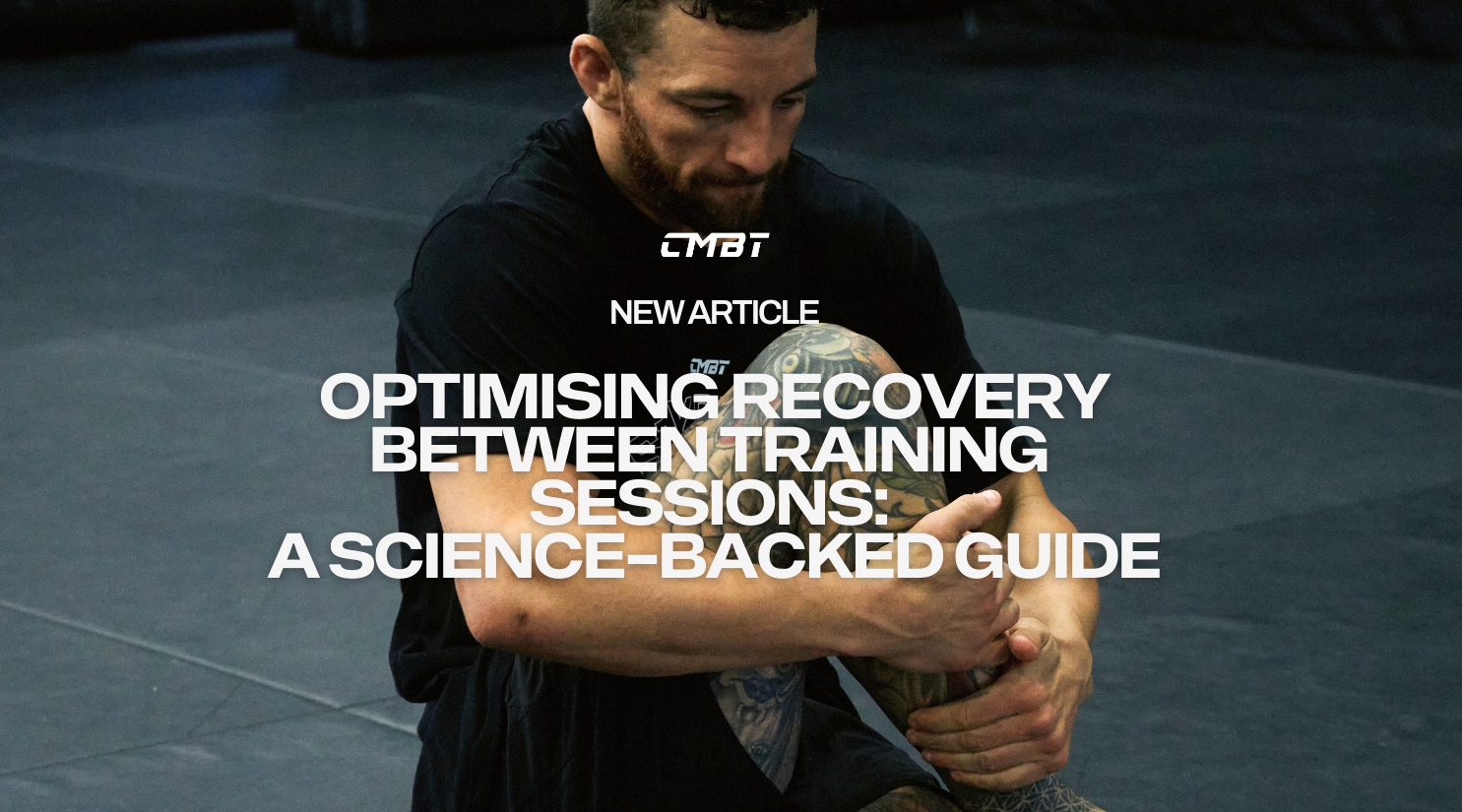







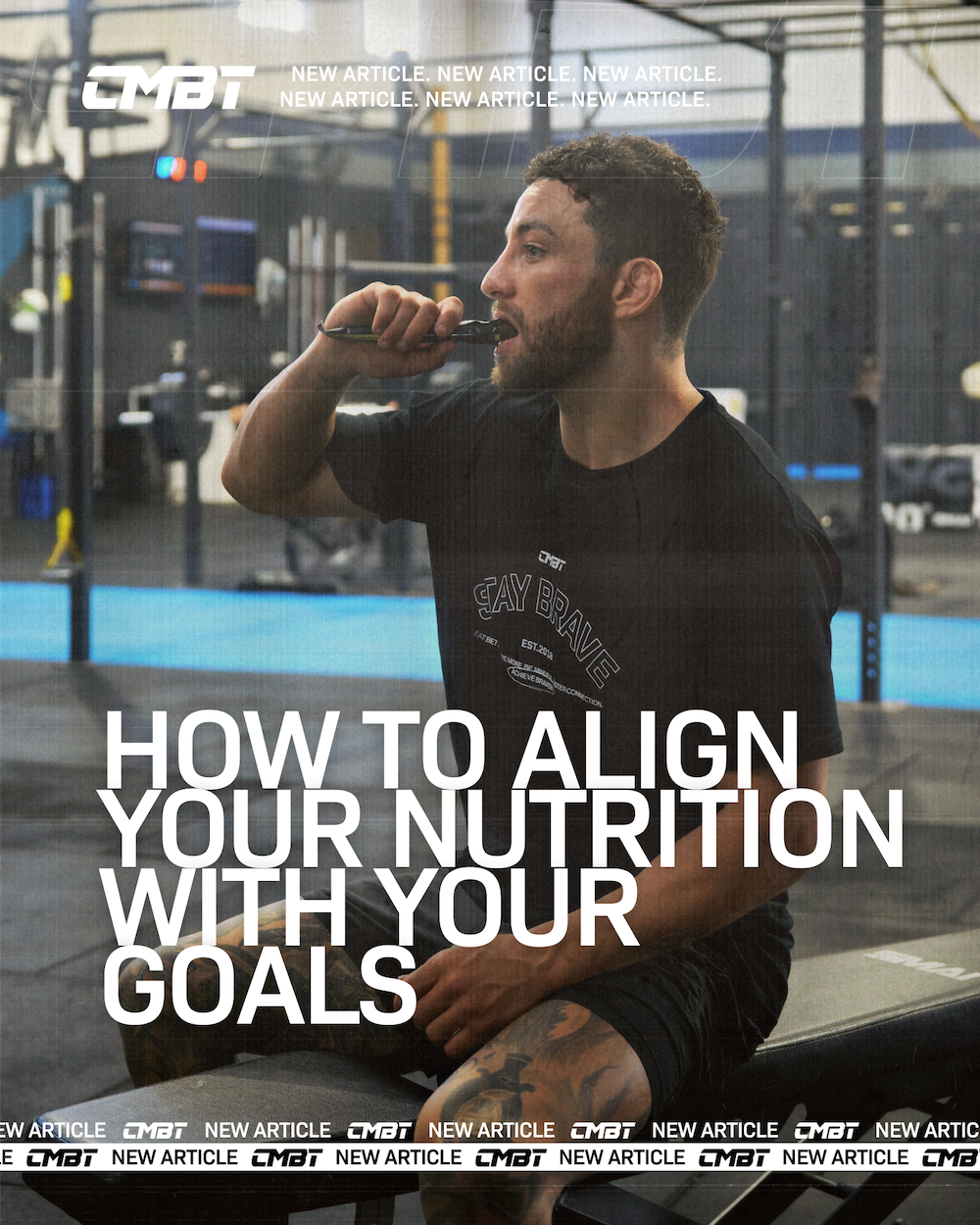

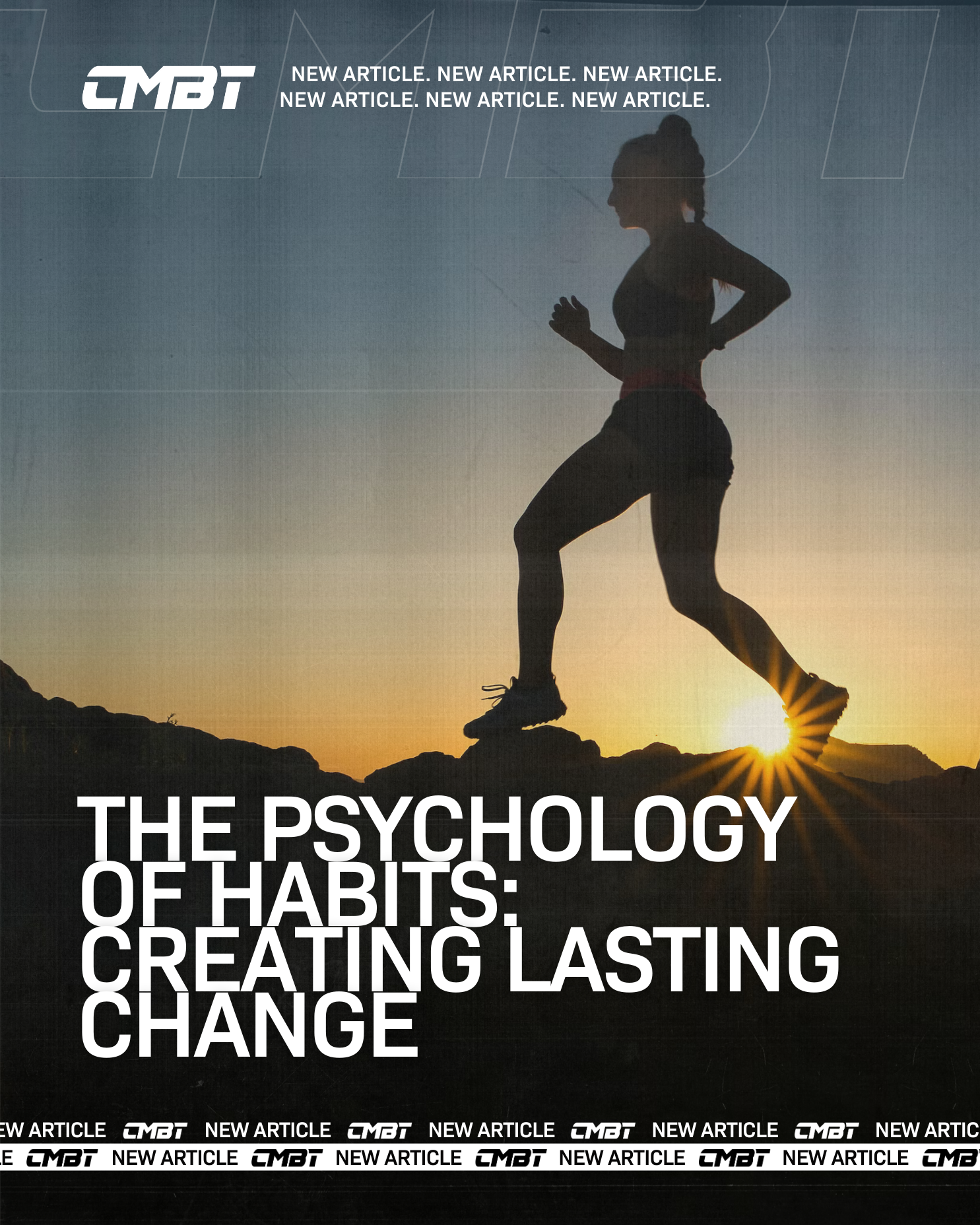



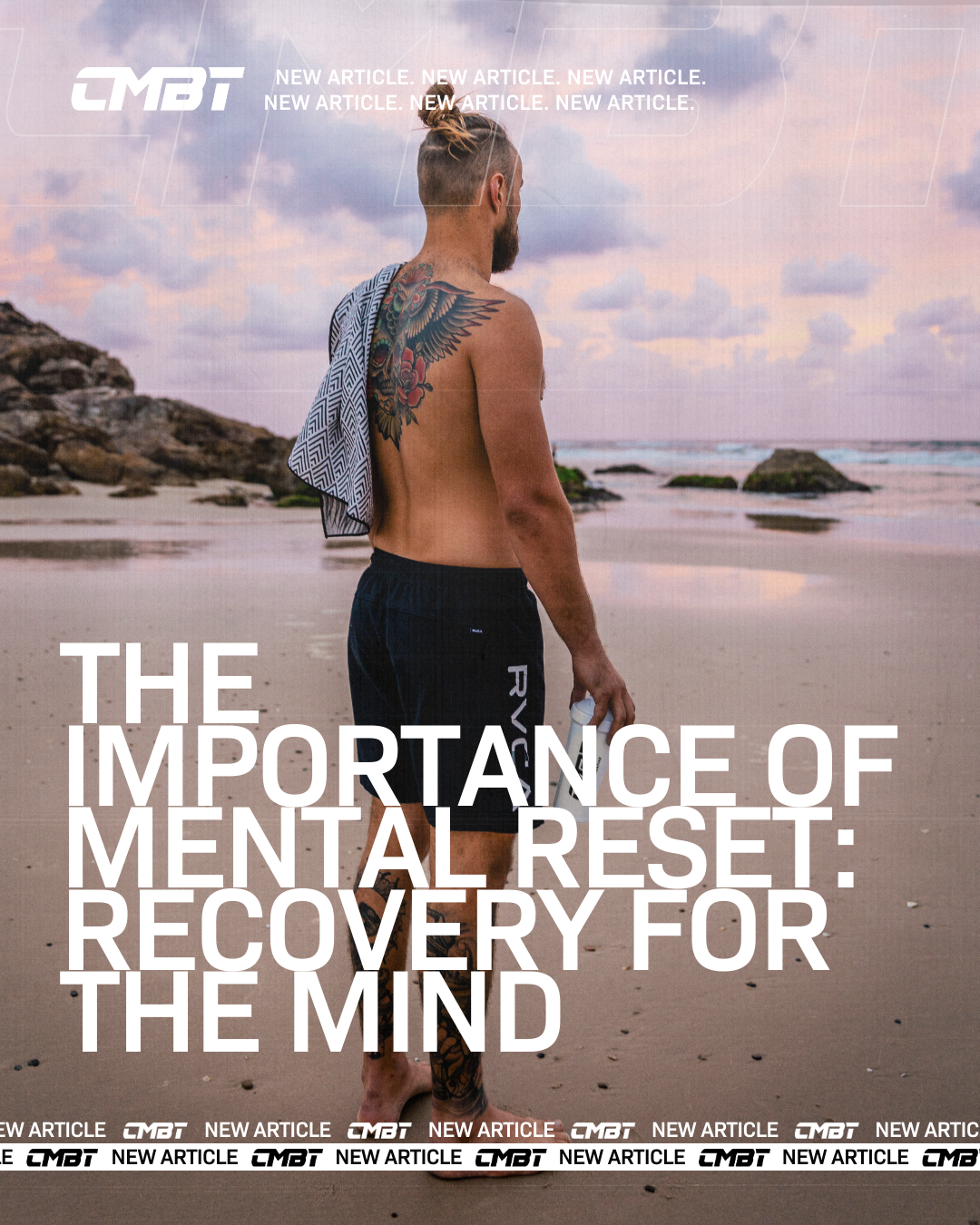
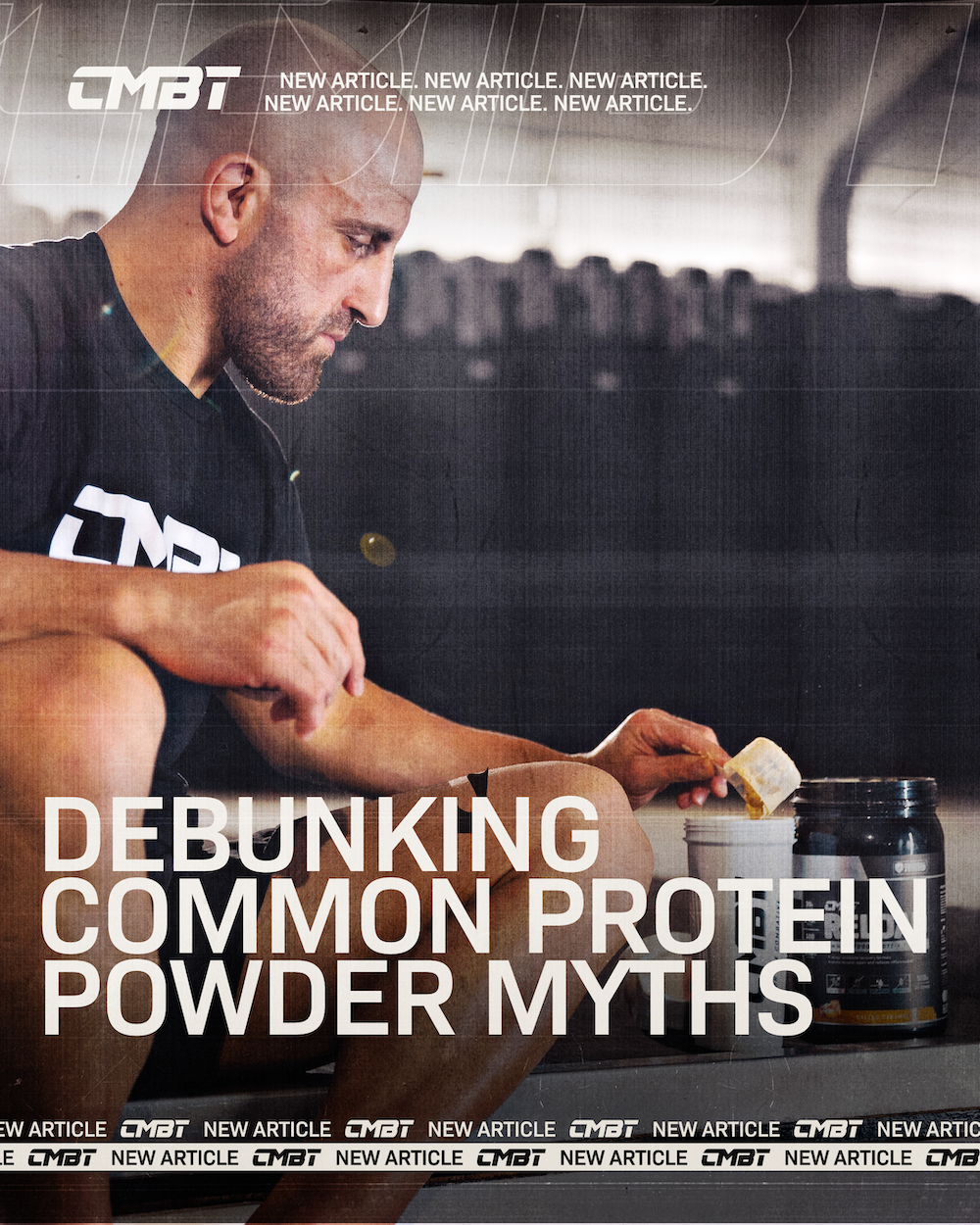
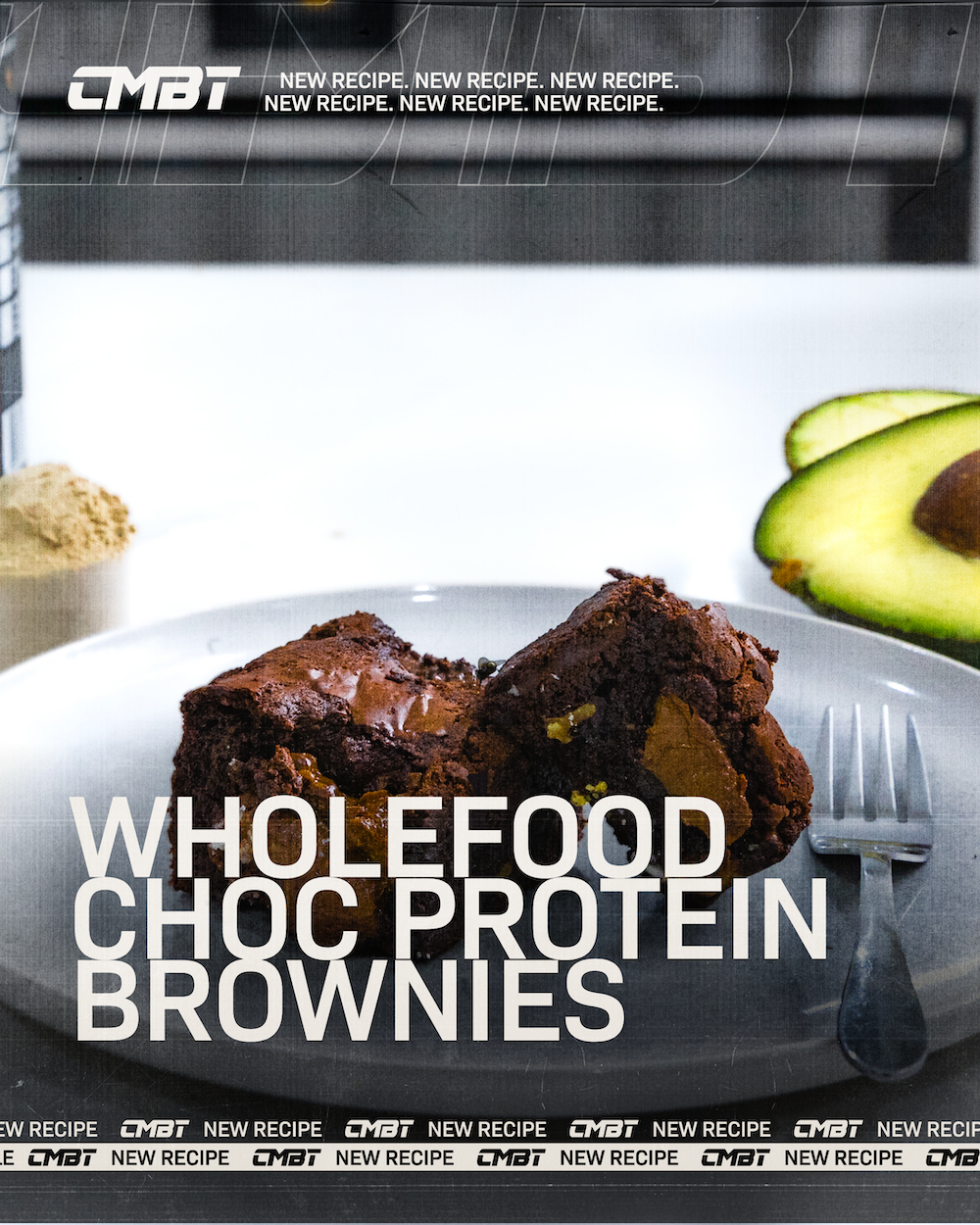

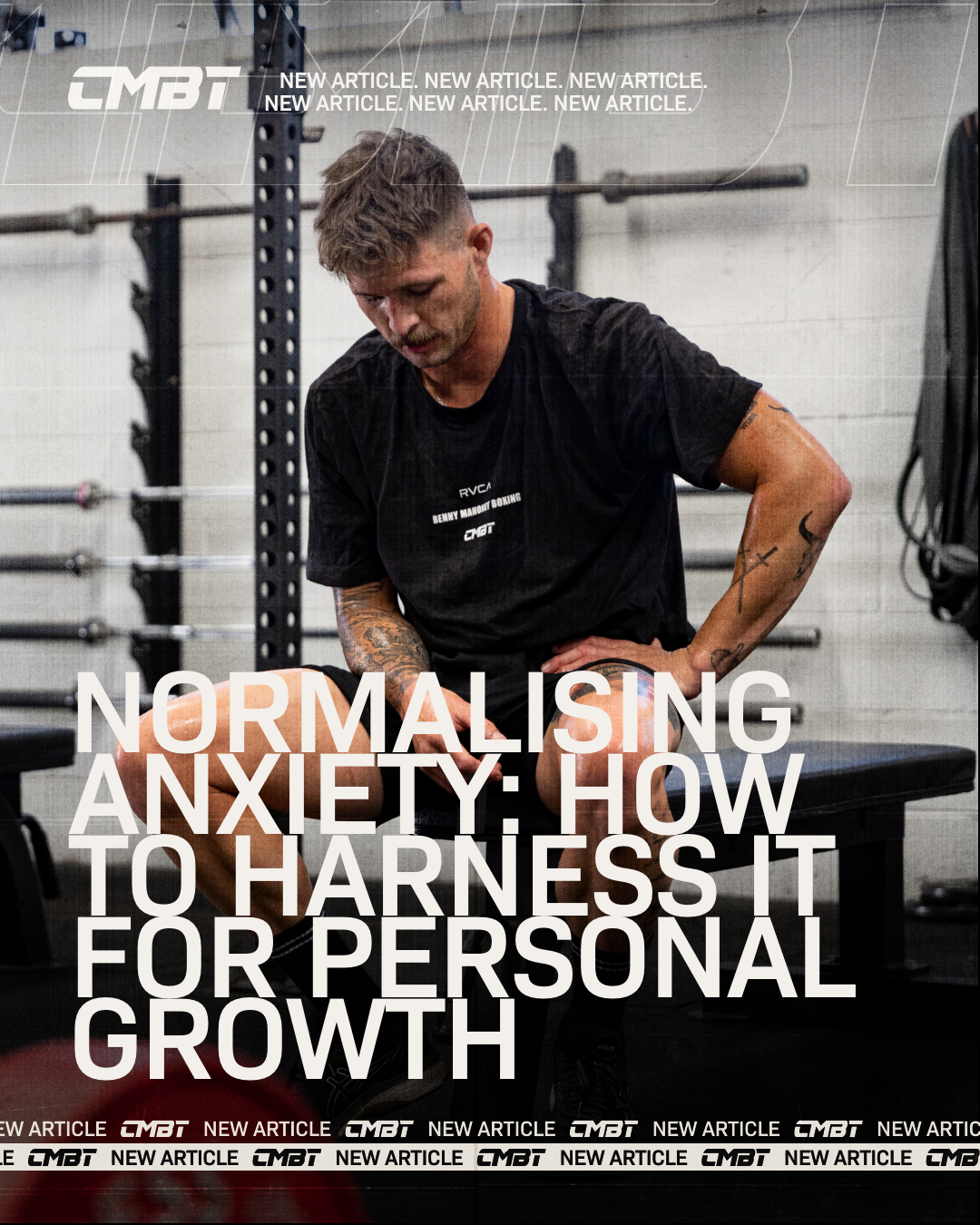


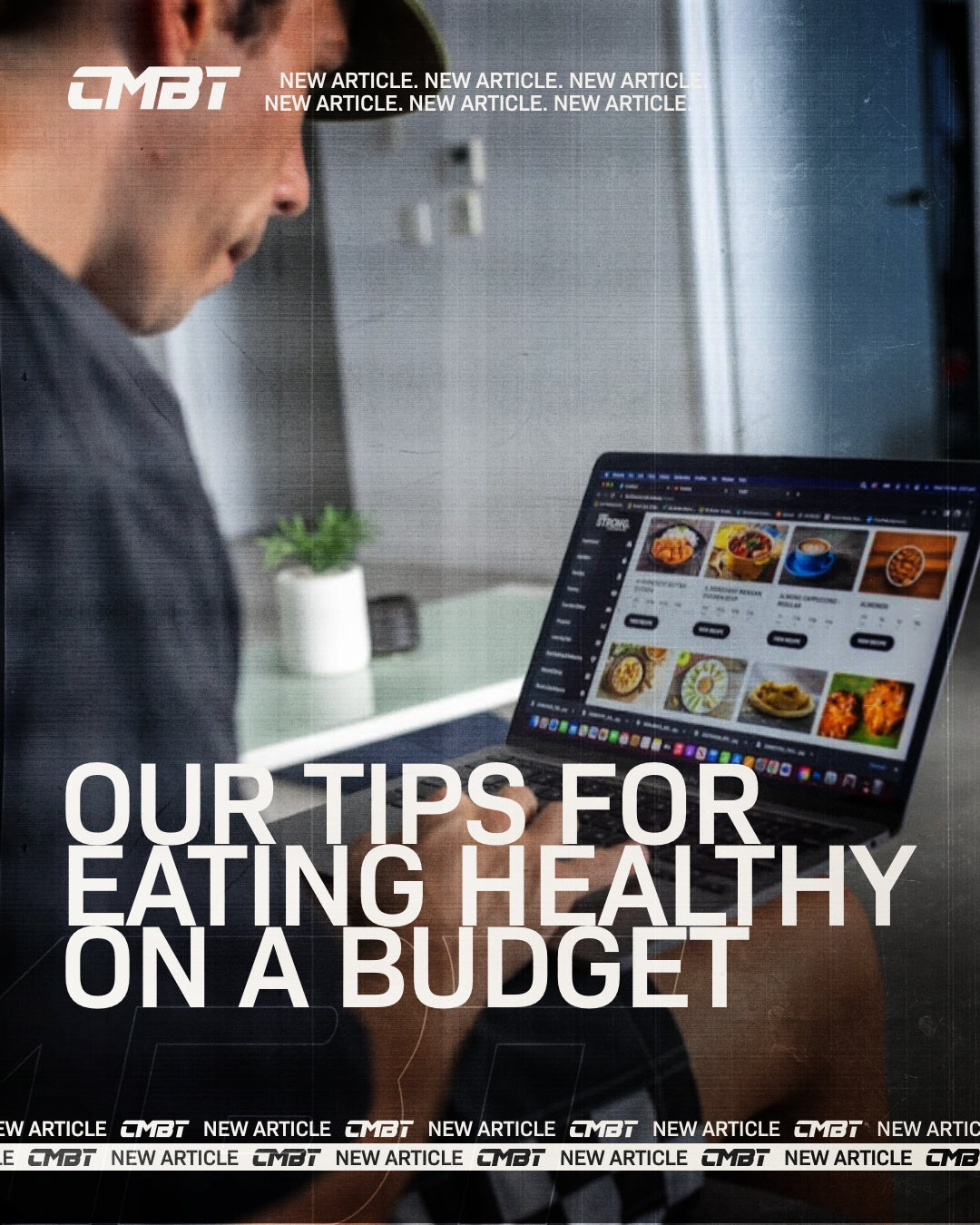
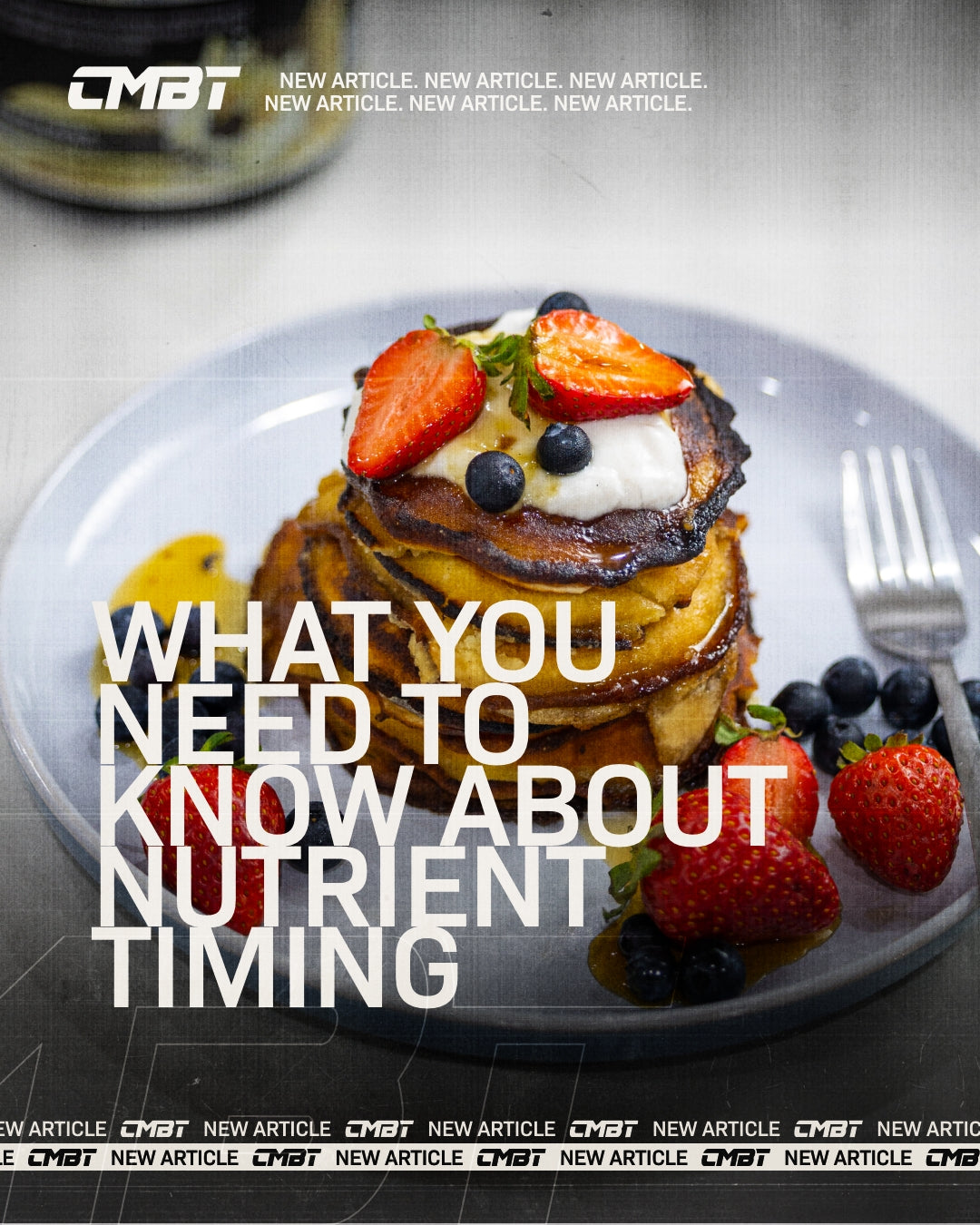
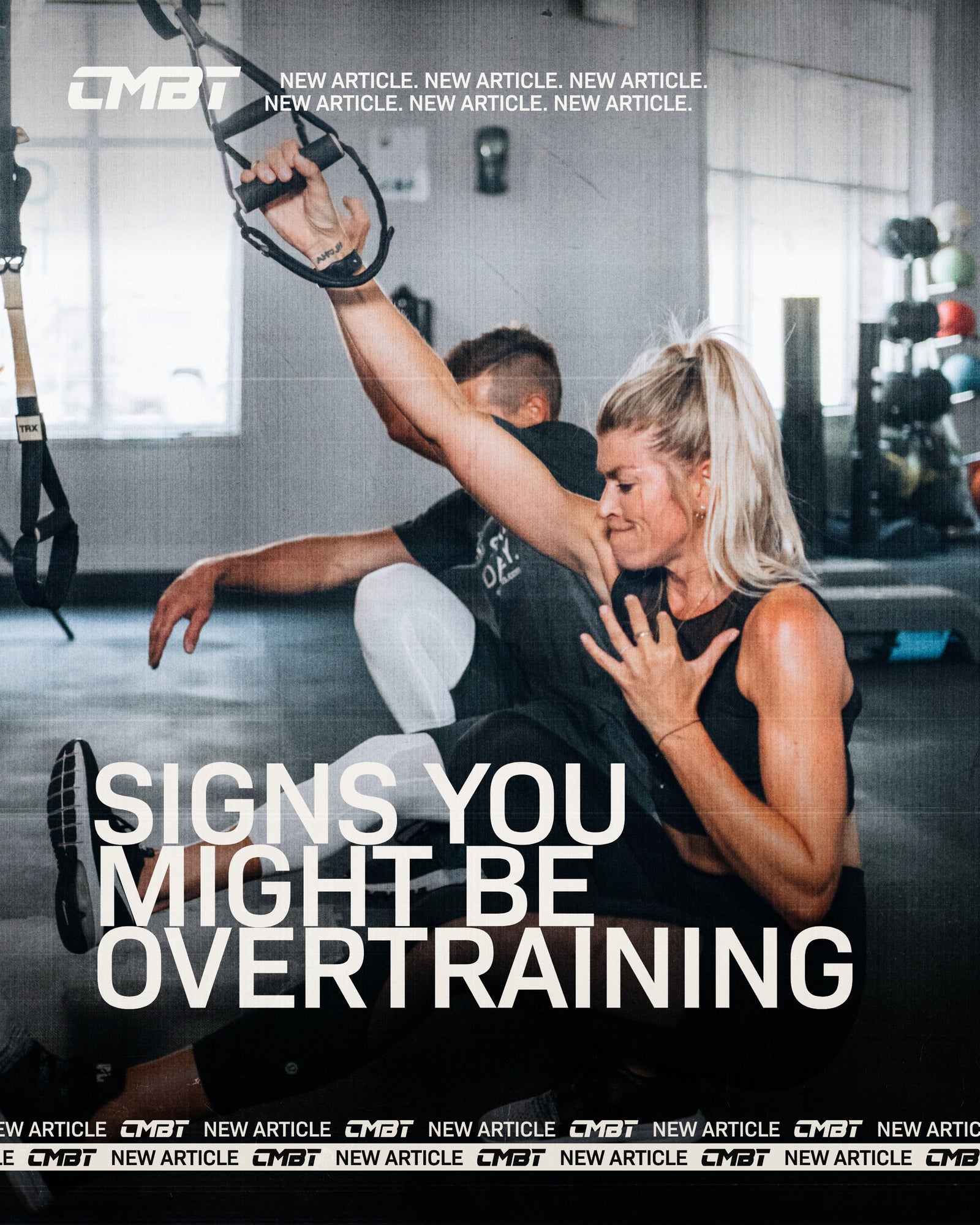


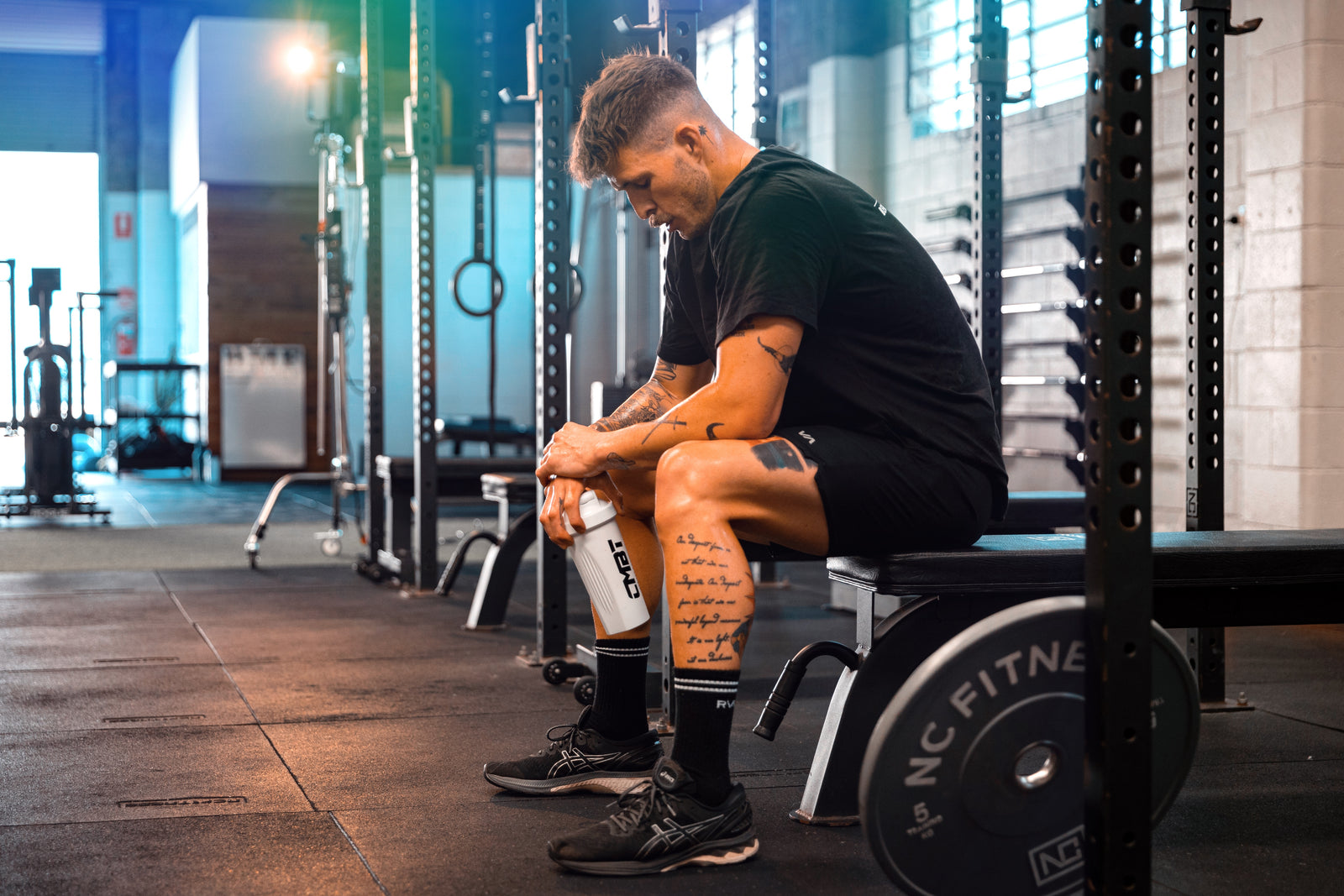
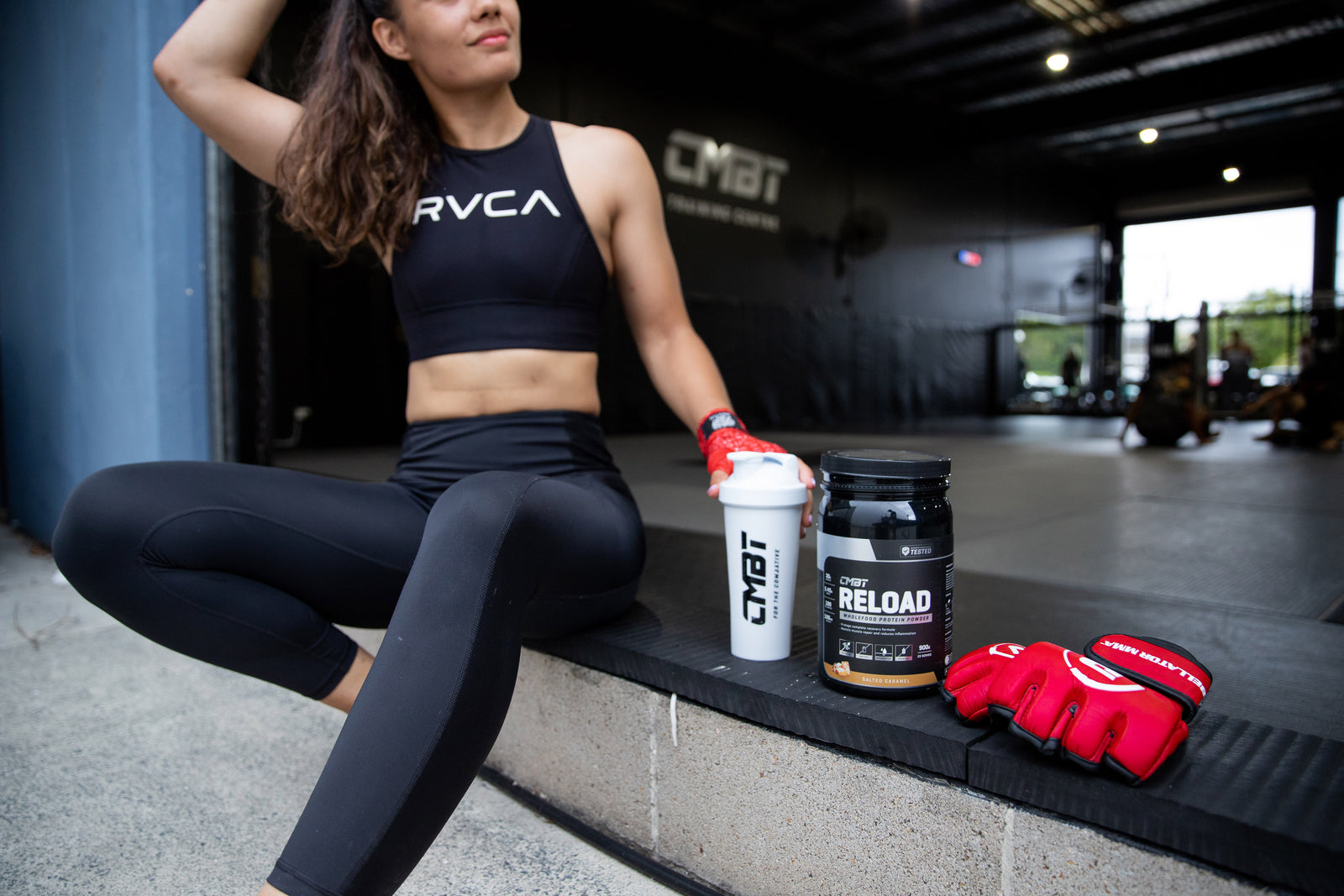
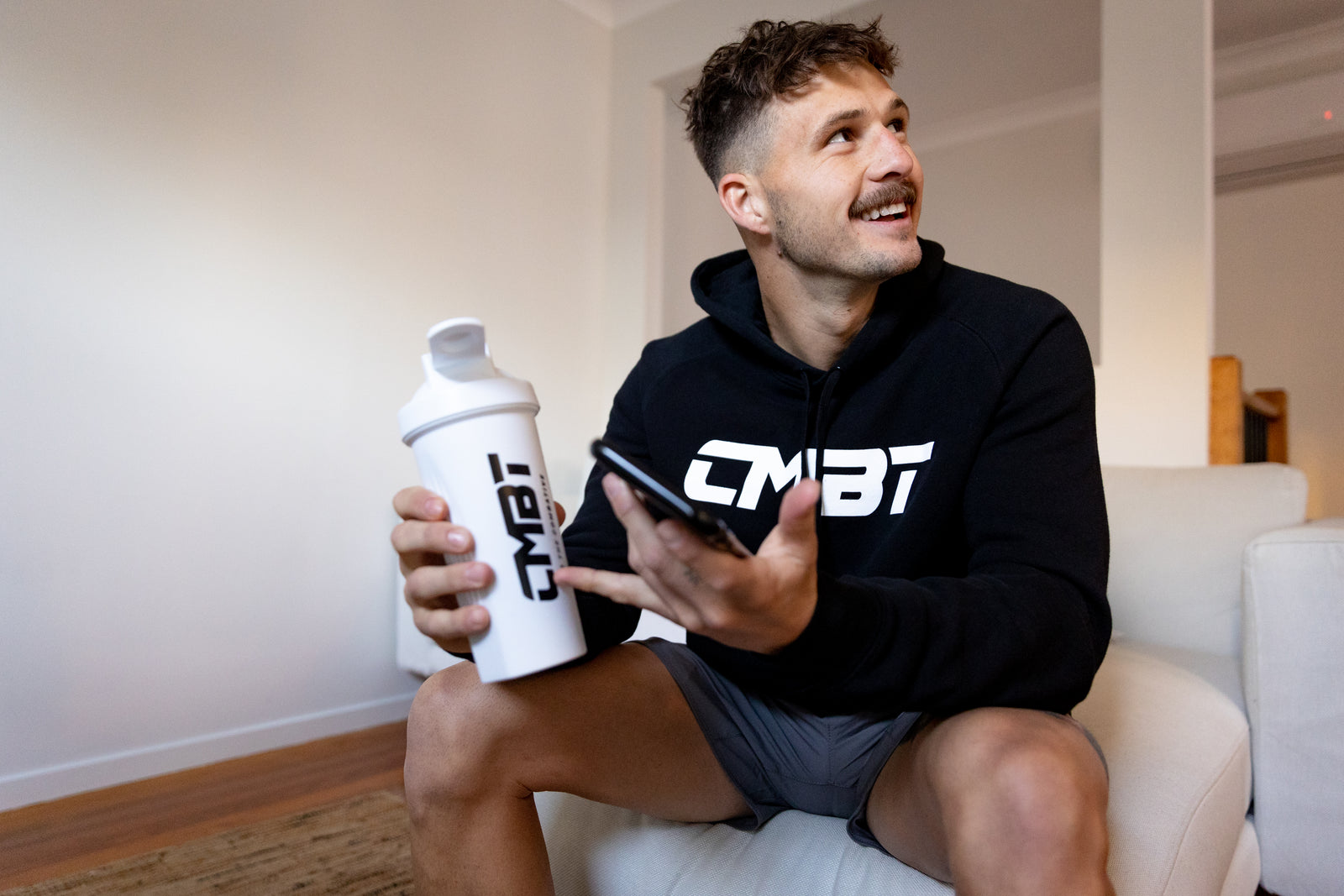


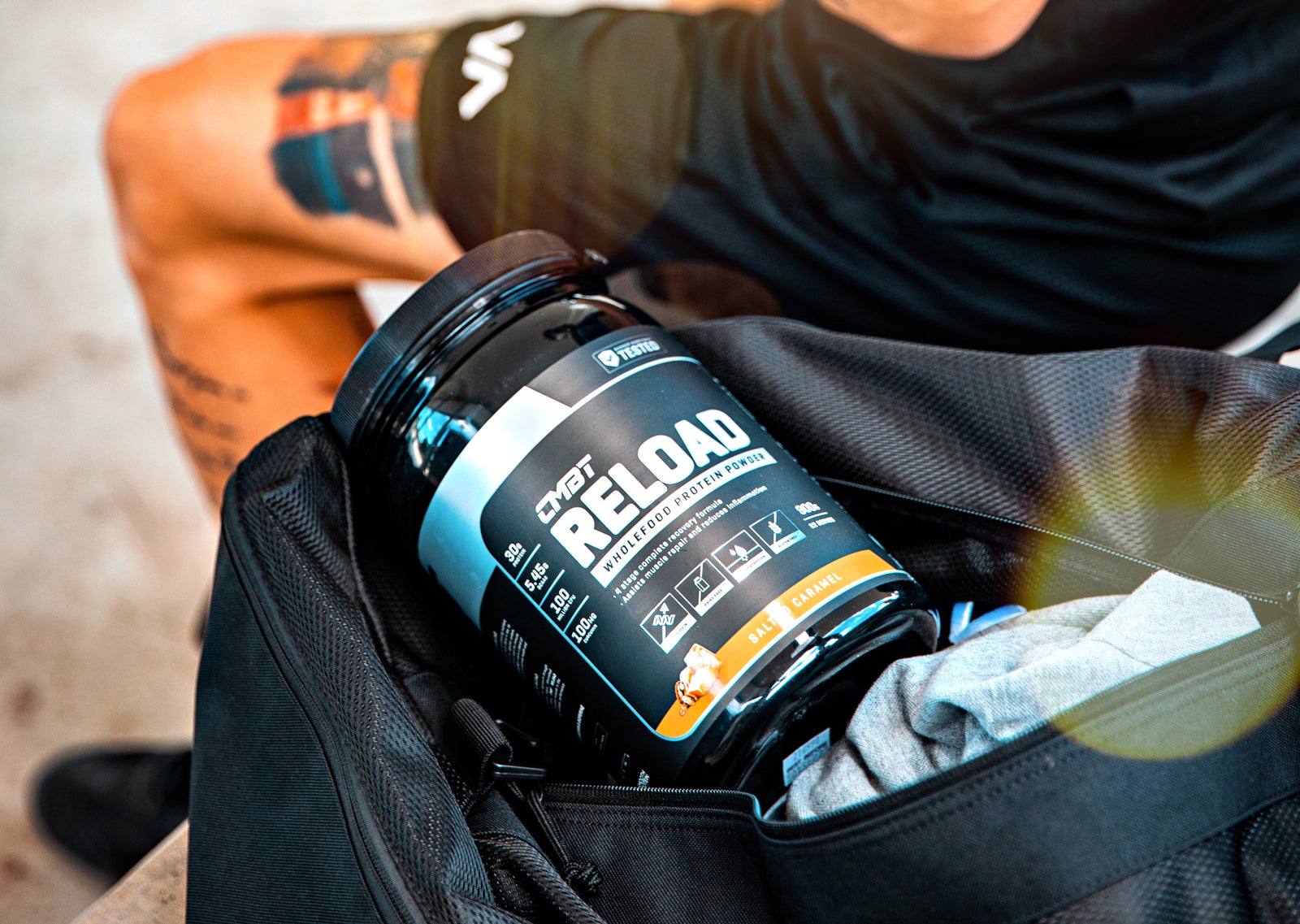



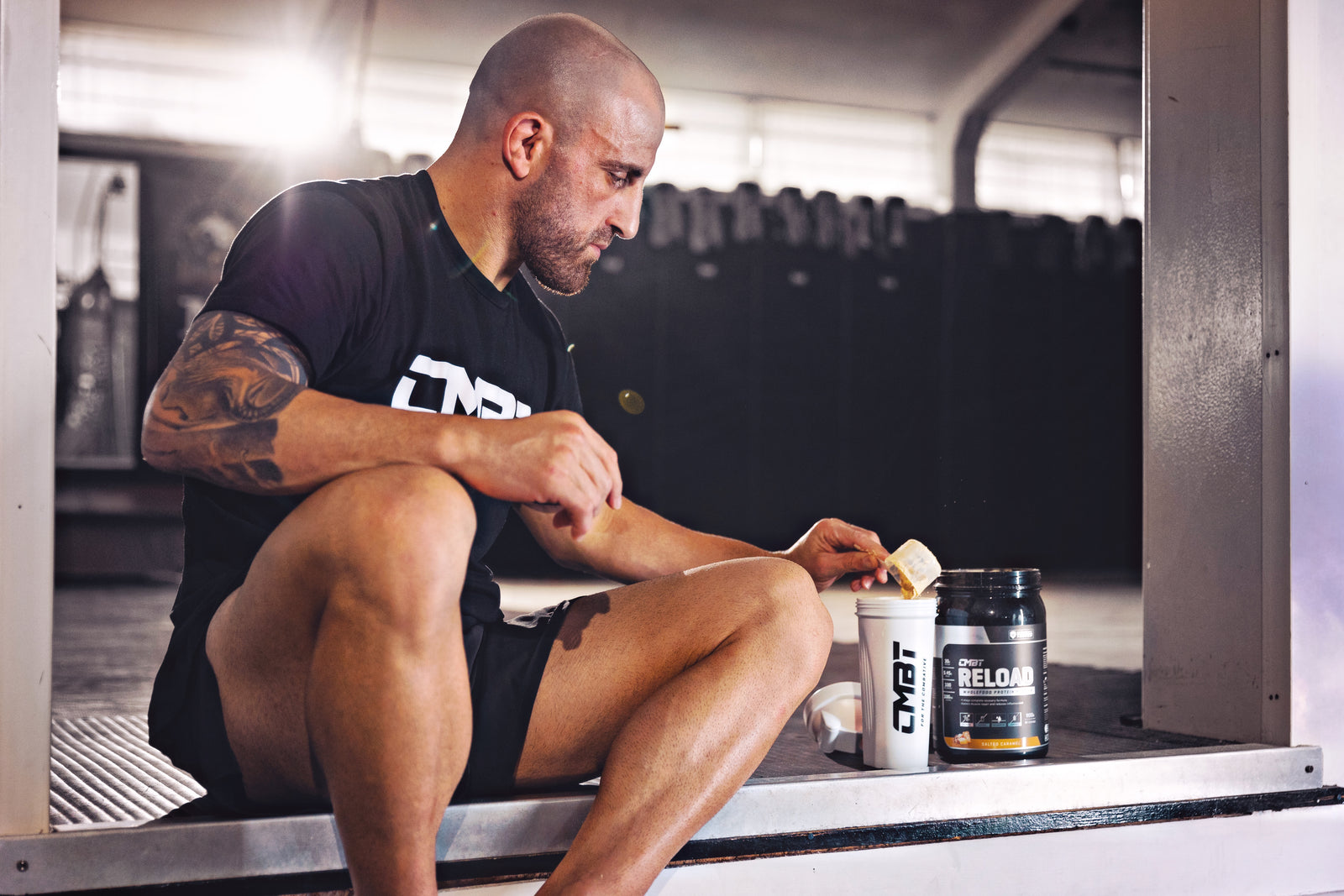
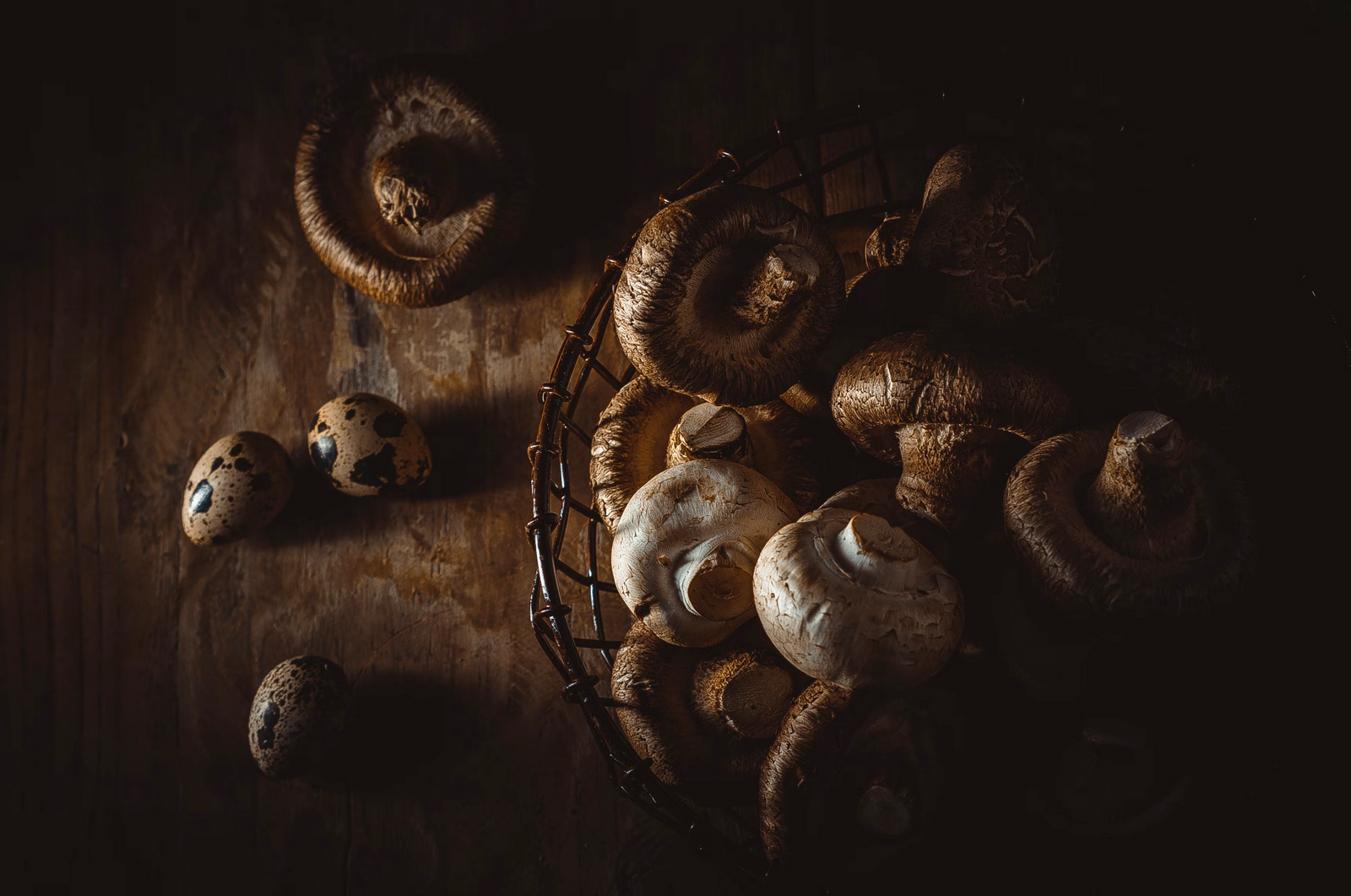
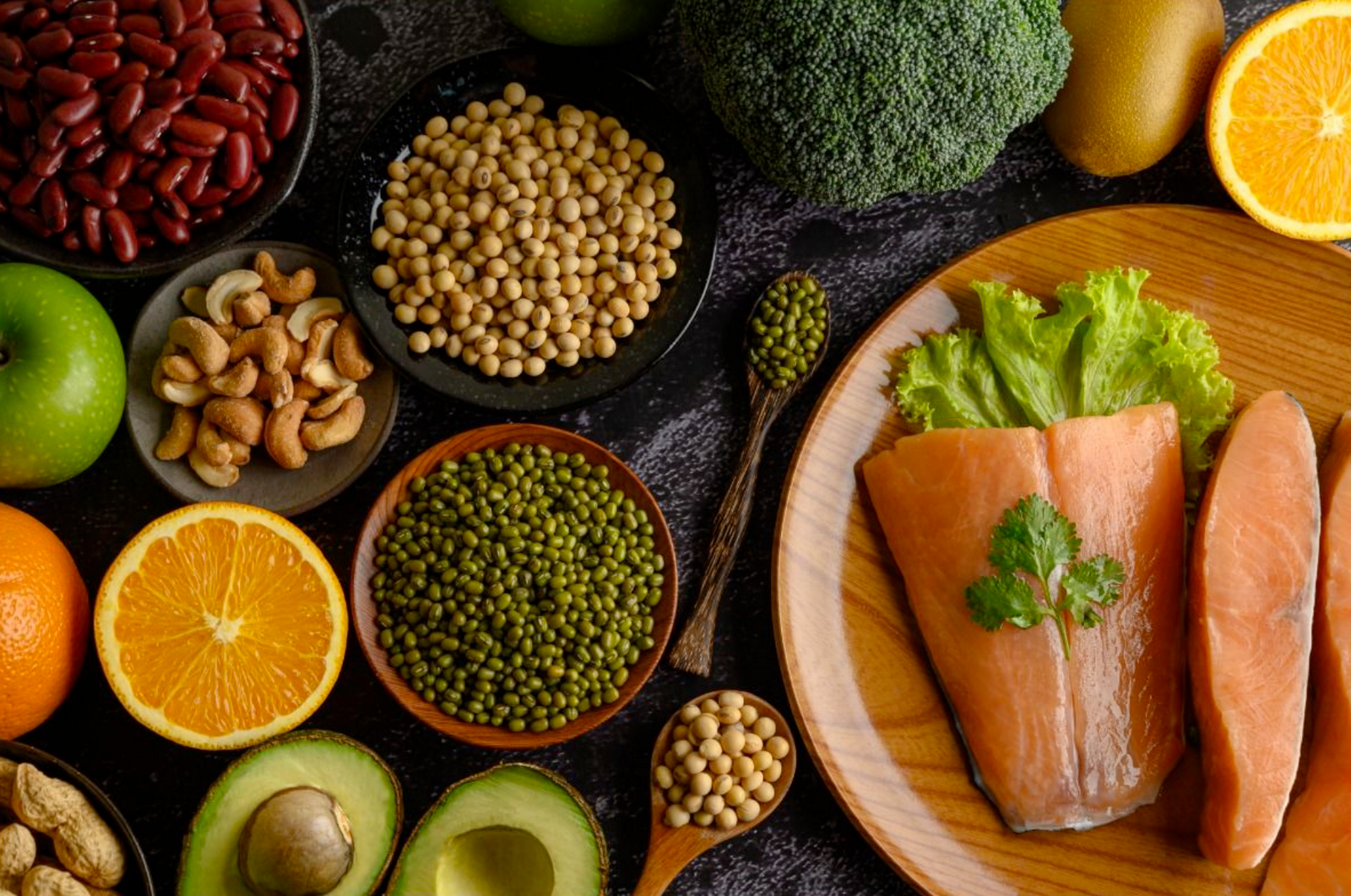
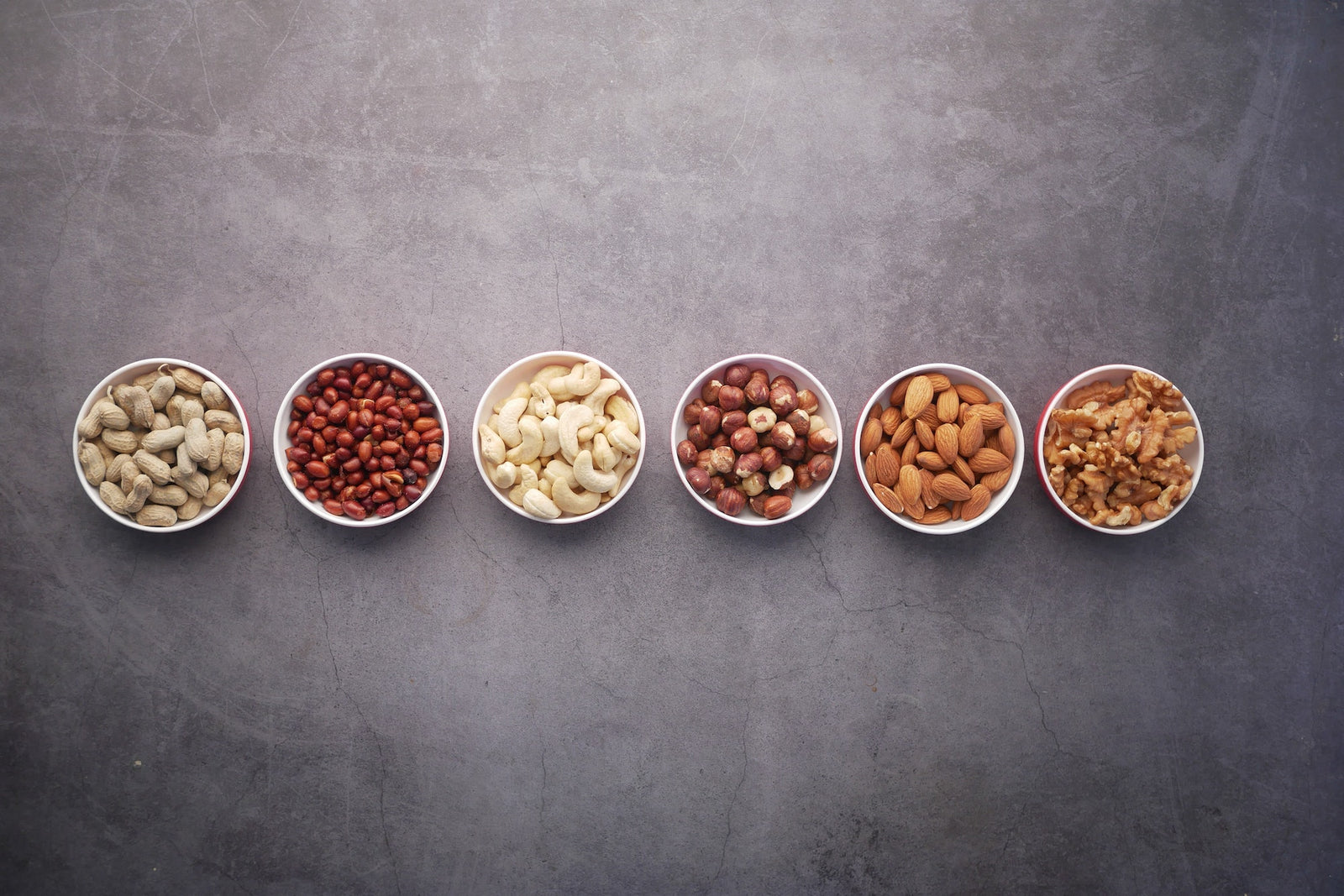

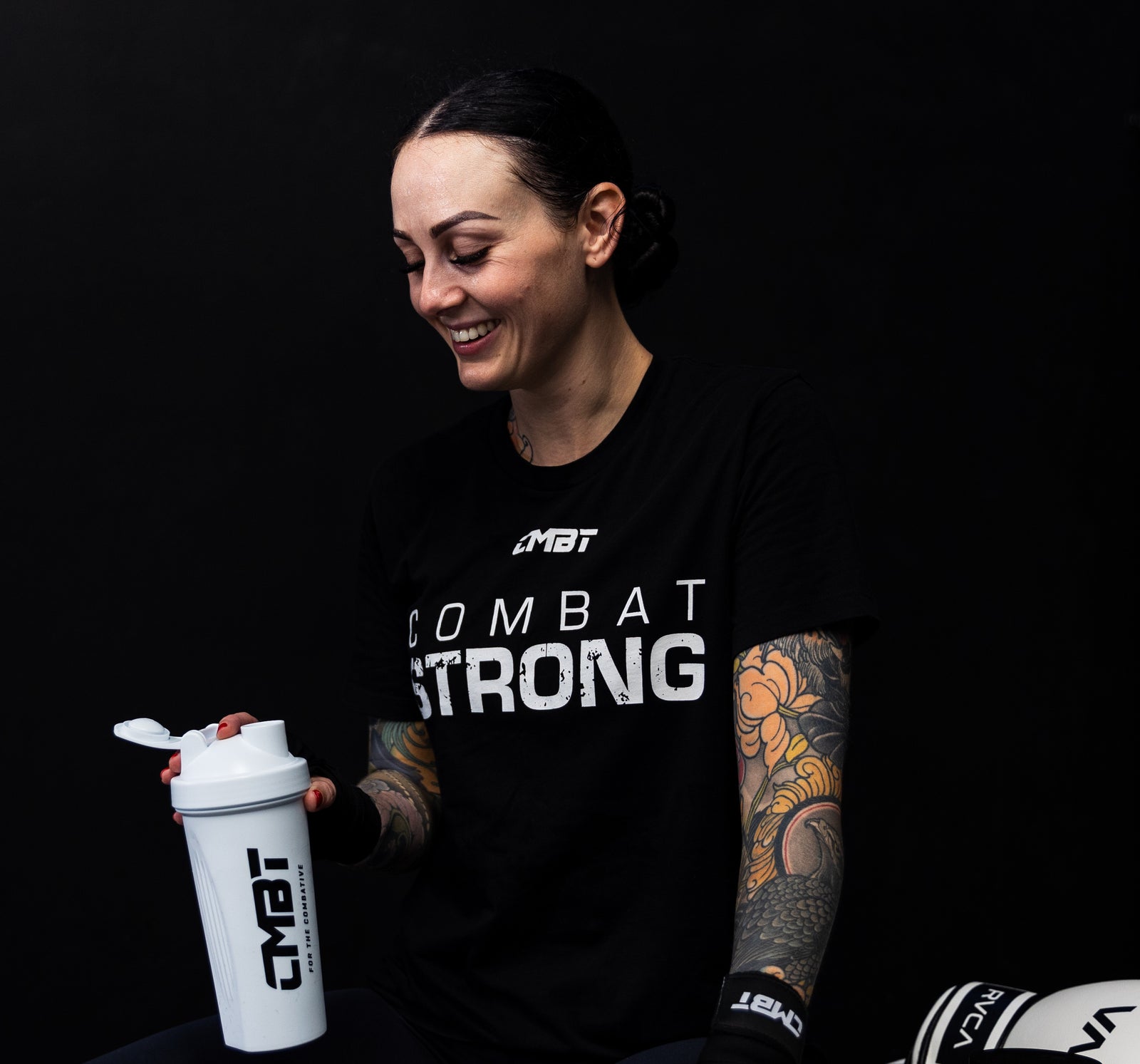





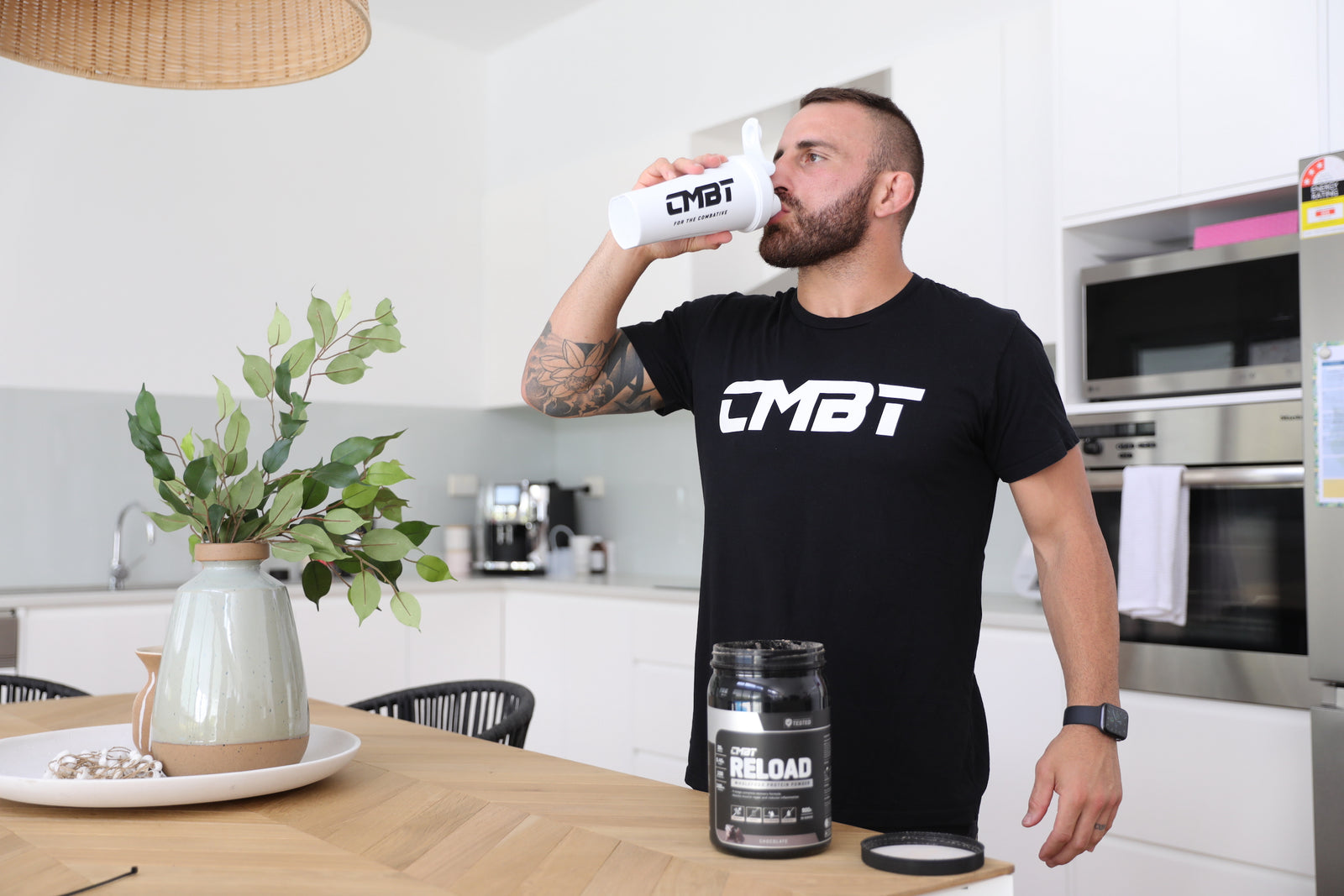
![[VIDEO] Fuel Your Passion feat. Sami Locke](http://cmbt.com.au/cdn/shop/articles/Sami.jpg?v=1625826844&width=1600)